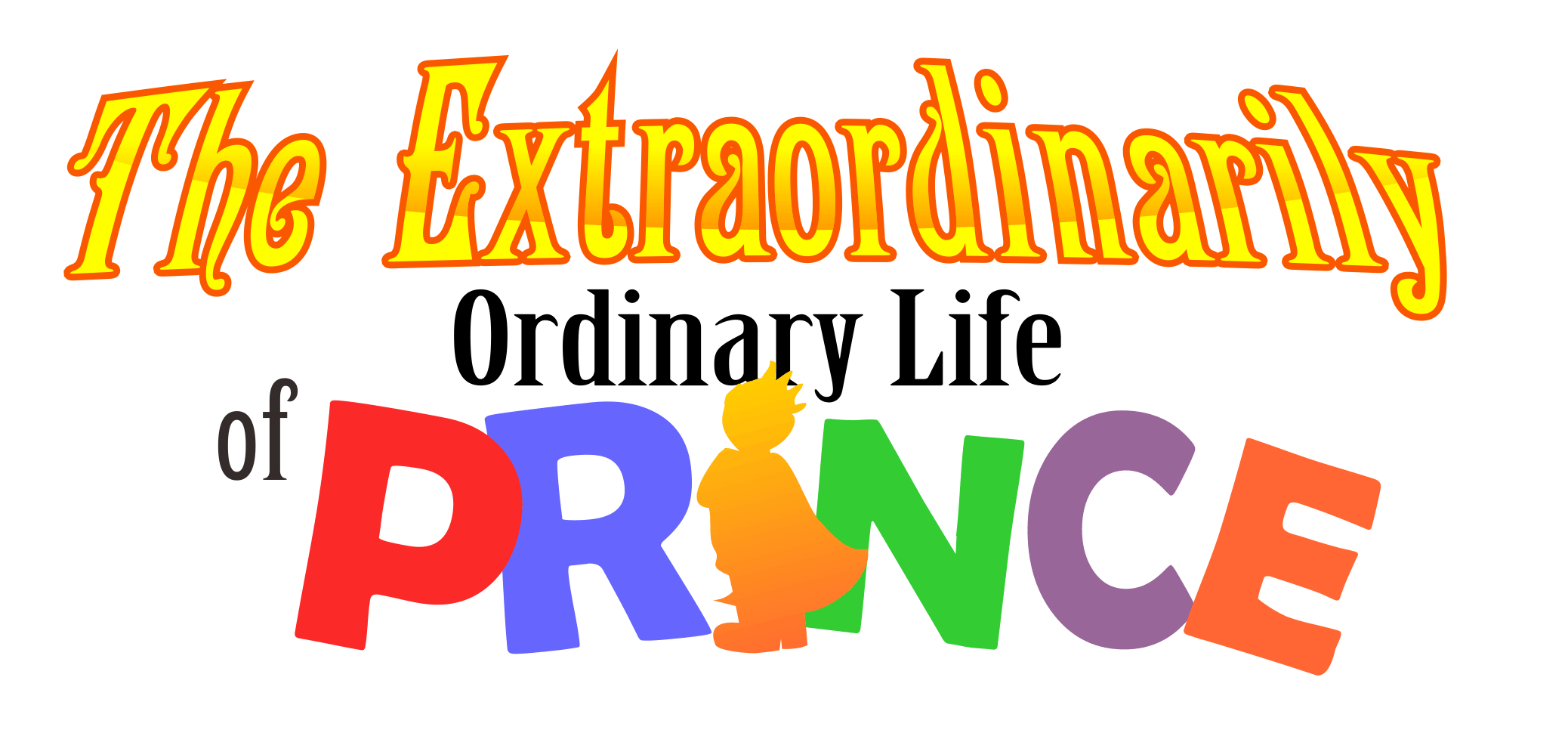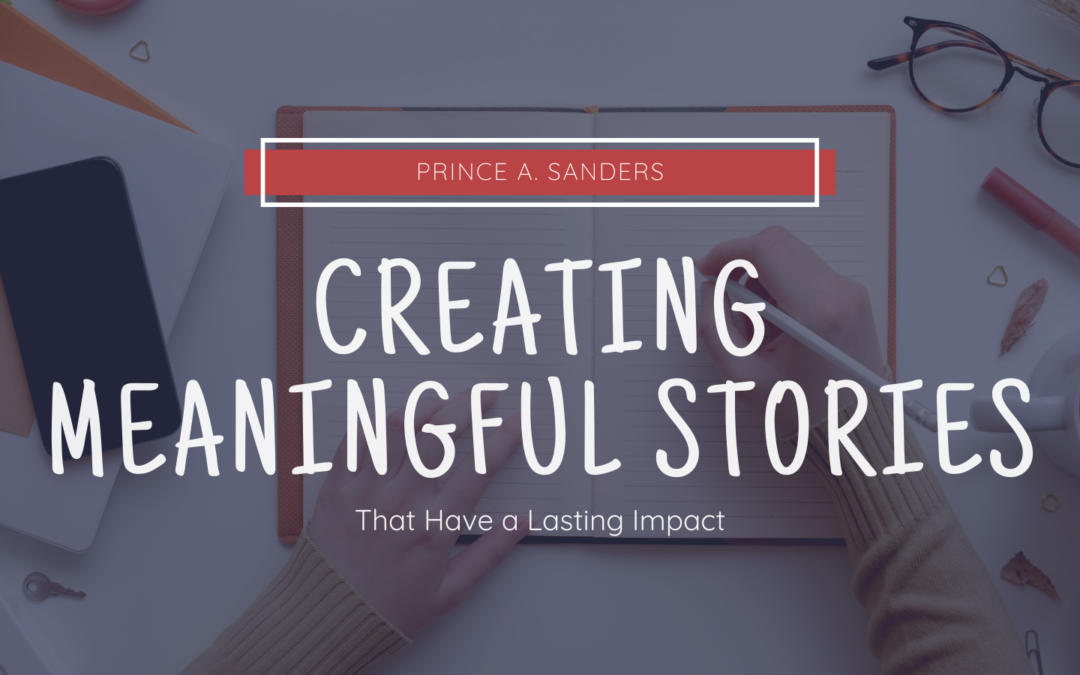Stories have power. Storytelling can help someone struggling feel less alone, make complex concepts easier to grasp, expand the imagination, and so much more. Some stories stand the test of time. Classics like Jane Austen’s Pride and Prejudice or Homer’s Illiad continue to be told today as they continue to have a relevant impact on our lives even years after they were written. However, plenty of bad stories have faded out of memory because they just didn’t offer a meaningful impact. As a storyteller, how can you create stories that last?
Know Your Key Messages
If your story doesn’t have a goal, keeping the plot focused and holding the audience’s attention will be challenging. Before you begin to write your story, you need to know what key messages you want to convey. These key points will guide how you write, what you focus on, and what your audience will take away at the conclusion. For example, if you want to write a blog post about your favorite books, you could just list them out with a brief summary and why you enjoyed them. It might be an accurate list, and people might take your recommendations, but it’s probably not something they’ll remember a year later. However, if instead you craft it as a story about how books can impact your life and walk your readers through why each book was meaningful to you, then you’ll begin to find a more engaging approach that might connect with your readers on a more personal level.
Know Your Audience
Trying to craft a story that will appeal to everyone is not a reasonable goal. Instead, focus on the people who are most likely to hear your story. If it’s for a presentation, consider the people who will be in attendance. If it’s for a blog, consider the kinds of people who might be reading your content. Having a specific audience in mind will help direct the tone of your story and the aspects you focus on most to ensure it is meaningful to that particular audience.
Develop Conflict
People don’t connect with stories where everything is perfect and goes according to plan. Life is full of obstacles, wrong turns, and tough decisions, so your story should be too. That doesn’t mean your story should be dark and hopeless, but if you want your audience to connect with your story, then there needs to be challenges they can relate to. The way you present conflict and how your characters respond to it is the heart of what makes a story impactful. Instilling some hopefulness, gratitude, or solidarity in your audience through resolving conflict is key to creating a story with a lasting impact.
Good storytelling is challenging, but it is such a powerful way to communicate meaningful life lessons. These concepts are vital to making your stories both meaningful and impactful. It will take time to learn how to write lasting stories, but with these tips in mind, you will be well on your way to influencing your audience and telling stories they will want to pass on to those around them.

